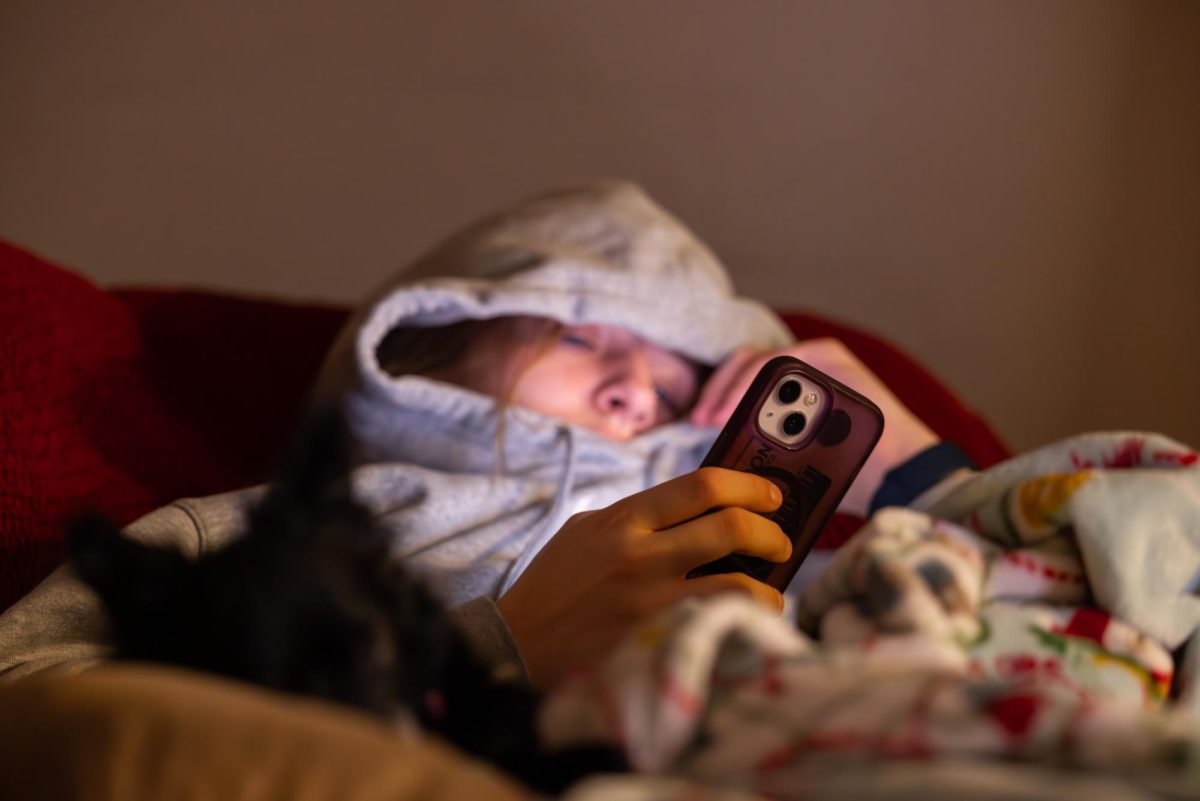My 11-month-old won’t walk.
I’m sure he could; he toddles around at breakneck speed while dangling from an outstretched pinky. But when I let go of his hand, he stops and stands and looks around uncertainly.
Why, I wonder, won’t he take those steps?
***
“Careful …” I warn my son as he crawls up to a friendly looking but strange dog. “Look out,” I tell him, as he clambers over a pile of laundry. “Use your balance!” I say as he topples over and lands on his diaper-padded bottom.
He looks at me, obviously unsure exactly what I’m trying to tell him but clearly understanding my tone.
Is it any wonder he hesitates to venture out on his own two feet?
All our lives we are told, “Be careful.” Plan ahead, your parents have always told you. Make informed decisions. Know where you are going — and how to get there.
And the reaction to a not-so-careful detour is rarely well accepted. “You’re doing what?” they say. “Taking a year off from school?” Or maybe it’s, “You’re turning down the sure-fire job to travel? Are you crazy?” Life is meant to go according to a plan. A careful, well-thought-out, well-balanced plan.
But is this really so necessary? What is the worst thing that happens if you are not quite so careful, with our jobs and our schooling and our self-imposed timeline for life? When my 11-month-old is not careful, he falls over. He gets scratches and bruises and the occasional cut. Is he really worse off for the bumps? Probably not. But has he learned valuable lessons in his falls? Absolutely. He learns about gravity. He learns to pay attention to where his feet are. He learns that he is not indestructible.
Likewise, the worst that happens when we as young adults are not “careful” is that we get bumps, too. To our egos or to our pocketbooks or to our idealism– but they are only bumps. And these bumps, like a baby’s, bring with them valuable lessons. These bumps help us explore our options and find our passions, and maybe these bumps are the best things that can happen to our developing senses of self.
I read somewhere years ago that a child should never be told to “be careful.” Supposedly, to “be careful” limits one’s options so much that the phrase should be excised from the English language. And maybe that’s not such a bad idea. When we act carefully, we push aside all the possibilities and knowledge that come with the occasional fall. What fun would life be, after all, without the occasional failure to set us up for the glory of success? Would learning to walk be fun if first we did not fall?
Honestly, I don’t know. I like to think, though, that life is a series of falls that eventually culminate in a triumphant flight of success.
As I watch my child grow, I know how my parents must have felt while I was growing up. It hurts to see loved ones get hurt in their falls — even if all they get are bumps. All parents want to protect their children from the pain of “wrong” (read, not careful) decisions. And so they tell us again and again: Be careful. It is the great rallying call of mothers everywhere.
I’m hoping to change the way I think about that phrase. I think that by telling my little boy to be careful, I have encouraged his hesitation to walk — just like all of us who are holding back, still listening to that voice from our barely remembered infancy that whispers in our ears, “Be careful.”
Maybe we can begin to silence that nagging voice.
***
I know my little boy will walk soon. So I’m trying to do the best thing I can do for him: stop telling him to be careful.
He’ll eventually venture out into the world on his own two feet. I know he’ll fall over. He’ll get a bump.
And then he’ll pick himself back up and start again — with a little more knowledge of the world.
Jamie Seiberlich (jseiberlich@badgerherald.com) is a senior majoring in journalism. Baby Ben is a baby majoring in walking studies.







